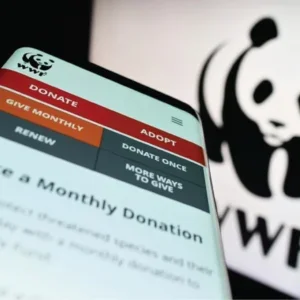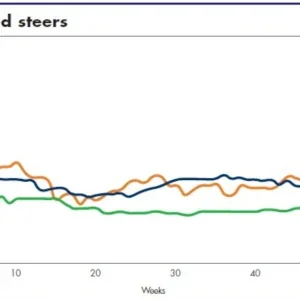The government in Türkiye announced in March that VAT on leather products would be reduced to 8%, down from 18%. Legitimate leather exporters, working with official invoices, were exempt from value added tax in any case and receive Eximbank credits calculated on export values. But the reduction in VAT pleased high street and touristic leather sellers, as well as artisanal cobblers producing footwear. This will reduce their costs for finished leather by 10%.
Soles were also included in the reduced tax rate even though almost all sole materials in Türkiye are synthetic. And, in addition, ‘leather’ in the context of this sector lumps together slippers and sports shoes, with the least amount of leather content.
Increased foreign competition, especially from lower-cost countries, has made many Turkish leather producers uncompetitive. According to the Turkish Garment Manufacturers’ Association, economic stability and a less fuzzy euro perspective have been achieved at the expense of many of Türkiye’s untouchable social precepts. The official unemployment rate is currently at 11 or 12% while 20% is a more plausible insider assessment.






